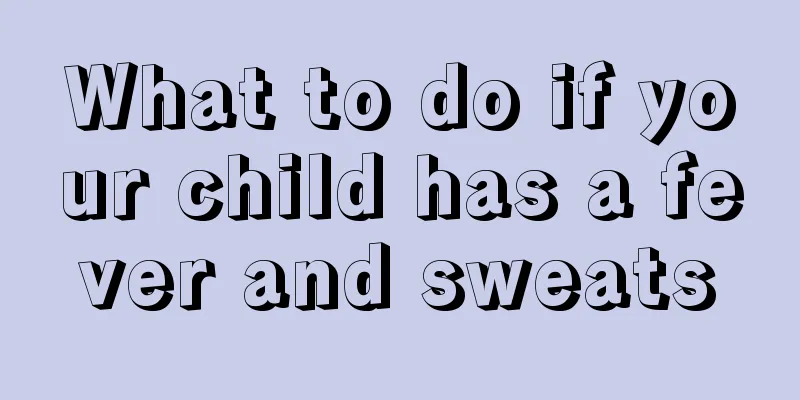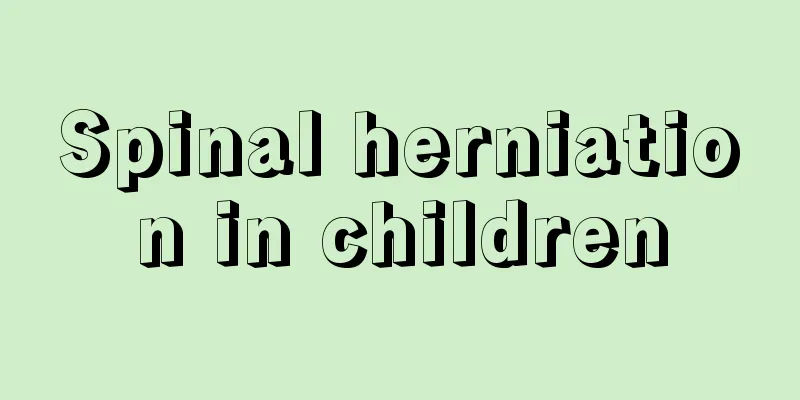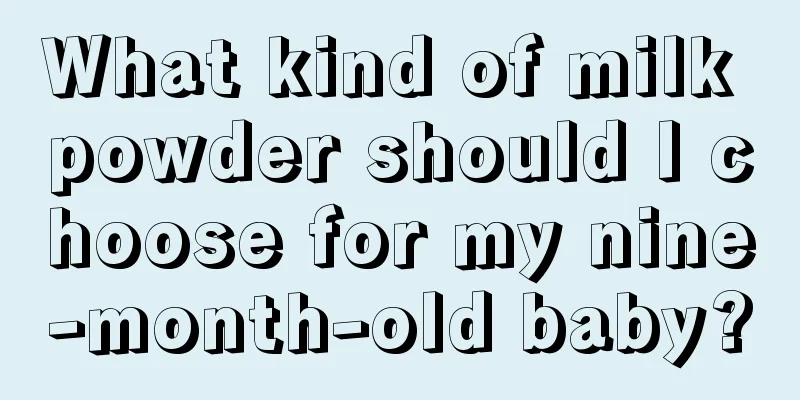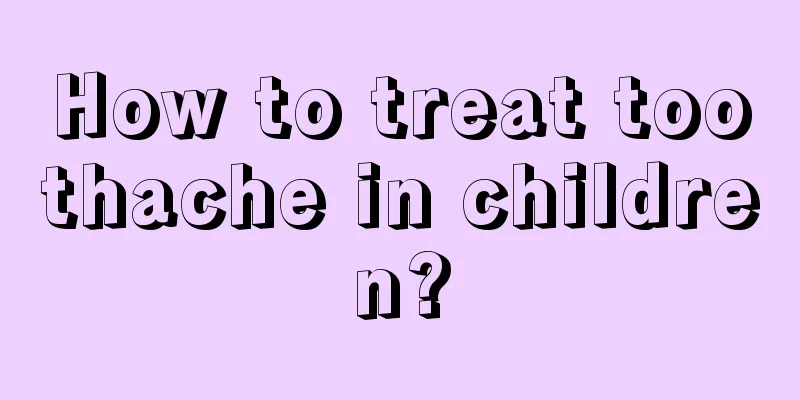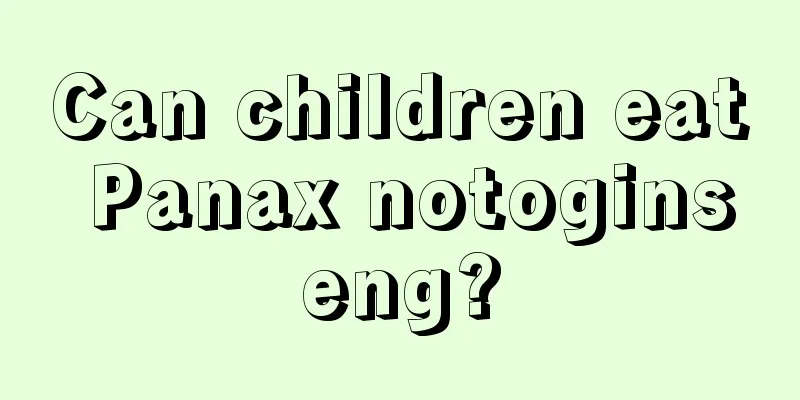Symptoms of fever in full-moon baby

|
Fever is very common in babies and infants because their immunity is low and it is difficult for them to resist external harm. If your baby has a fever, first of all his body temperature will be obviously different, and his forehead will also be hot, so it is necessary to measure the baby's temperature every day. Then, its tongue coating will be a little yellow. If the baby is uncomfortable, he will cry for longer because he cannot express himself. Moreover, he is the kind that parents cannot coax him. If a child cries for no reason, it must be because he feels uncomfortable. Fever is a common symptom in children, especially during the transition period between seasons when the weather fluctuates between hot and cold, making children more likely to catch a cold and have a fever. When your baby has a fever, parents should not be superstitious about folk remedies, but must deal with it scientifically. If your baby has a fever, parents should not be nervous. Differentiate the types of colds and fevers in your baby: 1. Wind-cold type, obvious fear of cold, mild fever, no sweating, nasal congestion, clear runny nose, itchy throat, cough with white sputum. This type is less common in infants and young children. 2. Wind-heat invading the lungs type, this type is more common in infants and young children. The main symptoms are high fever, nasal congestion, purulent or sticky nasal discharge, sore throat, drinking a lot of water, and coughing with yellow sputum. The tongue often has a yellow coating. 3. The phenotype of summer-heat and dampness attack is more common in summer or the transition between summer and spring. Fear of cold and fever are often accompanied by nausea, vomiting and diarrhea. The patient is thirsty but unwilling to drink water, and a thick white coating is often seen on the tongue. When your baby has a fever, don't be superstitious about folk remedies. Parents should learn to do this: 1. Keep the air circulating in the home. Generally speaking, when a baby has a fever, physical cooling is the main method. Keep the air circulating in the home and maintain the room temperature between 25℃-27℃. 2. Wipe the body with warm water. You can give your baby a warm water bath. Just undress the baby and rub the whole body with a warm water (37℃) towel. 3. Give your baby more water. If the baby's body temperature (rectal temperature or ear temperature) exceeds 38.5℃, you can use antipyretic solution or suppository appropriately. 4. Take antipyretics and seek medical attention promptly. When the baby's temperature exceeds 38.5℃, after taking antipyretics, or when parents do not know how to deal with the situation, the baby should be sent to the hospital promptly for treatment by a doctor. After the examination, the cause of the disease is determined, so parents will have a better idea of the situation. Then just follow the doctor's instructions for care. |
<<: What causes shoulder pain in children?
>>: Symptoms of fever and seizures in children
Recommend
Children often lose focus in class
It is normal for children to have difficulty conc...
What to eat for children with bronchitis
Once children develop bronchitis, it is often ver...
Early symptoms of hand, foot and mouth disease in children
In real life, hand, foot and mouth disease is a r...
What should I do if my child has a cavity and is in pain?
Teeth are people's most important chewing too...
Symptoms of colic in babies
Many people who have taken care of children know ...
How much milk is best for a one and a half year old baby to drink every day?
We all know that drinking milk is something that ...
Symptoms of Tourette Syndrome, seven manifestations are really deadly!
Some children always imitate other sounds unconsc...
What to do if children have pharyngeal follicle hyperplasia
We know that we rely on the throat to swallow foo...
How to solve the problem of a two-year-old baby sucking his fingers
Many parents will find that their two-year-old ba...
Will white spots on children disappear on their own?
When a child has any physical problems, it will c...
How to prevent hand, foot and mouth disease
It is the peak season of hand, foot and mouth dis...
Red rash on the child's mouth
If a child has a rash around his or her mouth, it...
11 month old baby's teeth turn yellow
A baby's teeth are very tender, and because t...
Two-year-old baby development indicators
Ten months of pregnancy and one day of delivery e...
How to treat baby skin rash
The baby's skin is very delicate. Many times,...
